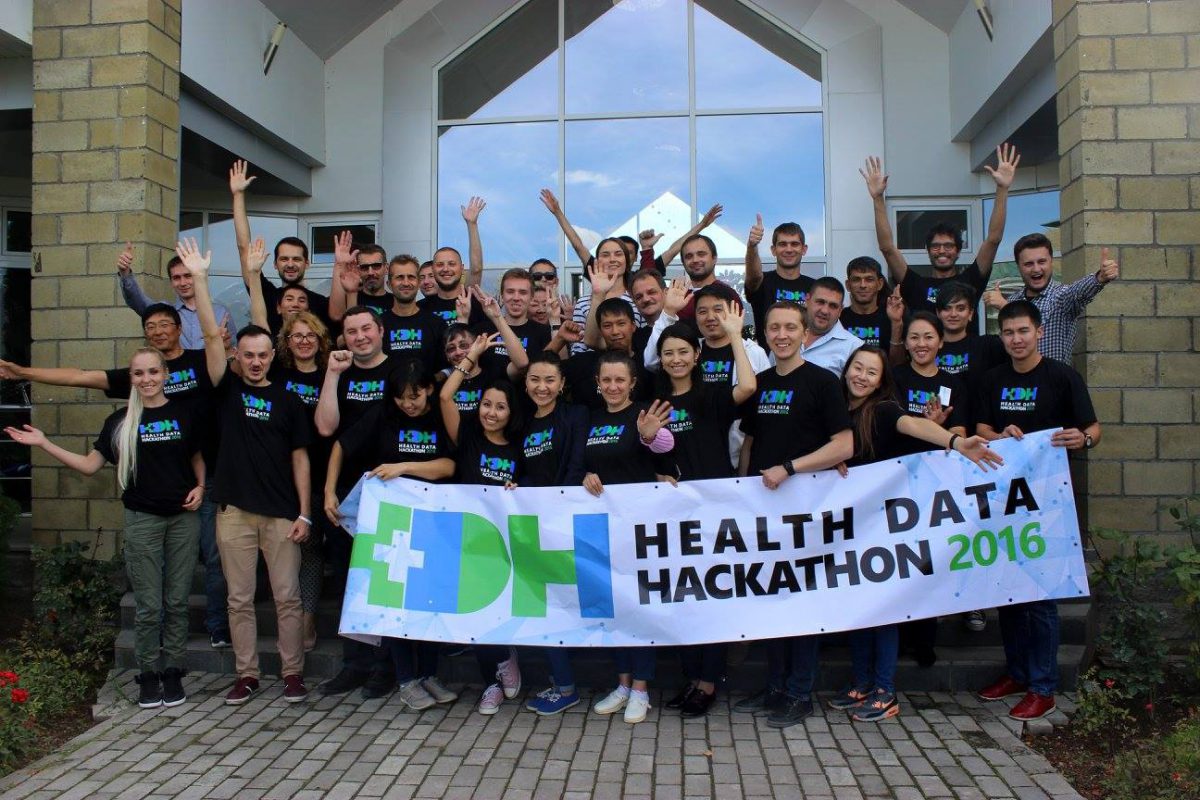As an industry that relies heavily on approvals from government officials, the pharmaceutical field in places like Ukraine and Kyrgyzstan—which lack strong mechanisms for public oversight—is particularly susceptible to corruption.
The problem in those countries is exacerbated by the absence of any reliable system to monitor market prices for drugs. For example, a hospital manager bribed by a pharmaceutical representative could agree to procure a drug at a price 10 times higher than at a neighboring hospital. In addition, those medicines procured by the state and meant to be dispensed freely to patients often appear for sale at hospital-based pharmacies instead.
These aren’t victimless crimes. The most needy patients are often the first to suffer when funds are diverted away from lifesaving treatments and medicines.
To tackle this issue, last year the Soros Foundation–Kyrgyzstan and the International Renaissance Foundation jointly conducted the Health Data Hackathon in the Yssyk-Kul region of Kyrgyzstan. Two teams from Ukraine and three teams from Kyrgyzstan—consisting of coders, journalists, and activists—took part. Their goal was to find innovative solutions to address corruption in public procurements and access to health services for vulnerable populations.
Over the two-and-a-half-day effort, one of the Ukrainian teams developed a prototype for a software application to improve the e-tendering platform for all public procurement in Ukraine—ProZorro.
ProZorro itself revolutionized the tender process when it first launched in 2015. It combined a centralized database of online markets and was made accessible to the public. Journalists, activists, and patients today can log in to the system and scrutinize tenders approved by the government. The transparency provided by the system has already shown savings of more than a billion UAH (US$37 million). However, the database is huge and can be tricky to navigate without training.
The application developed at the hackathon makes it even easier to monitor the purchase prices of medicines in Ukraine. Specfically, it will allow users to automatically and instantly compare prices for the same products—a process which previously took many days of manual effort.
The application also offers a more intuitive interface and improved search functionality that will help further reduce corruption and save money—savings that can be redirected towards treatments for people living with HIV, cancer, and hepatitis C. The team is now testing the software and working with the government to introduce it early this year.
Another team came up with the idea to let patients monitor supplies of medicine at facilities in real time. If a hospital representative says that a patient needs to buy drugs that should be readily available, for example, the patient can check online and hold the hospital accountable if the medicines are meant to be provided for free. The tool, called WikiLiky, has already been implemented in the Sumy region of Ukraine.
Likewise, one of the Kyrgyz teams looked at price monitoring in their own country, focusing on the inefficient and mistake-prone acquisition process. For instance, the name of one drug might be misspelled in several different ways, making it difficult to track prices accurately. The team redesigned the functionality of the government e-procurement portal called Codifier, creating uniformity across the system of names, dosages, and other medical specifications.
The update will allow the Kyrgyz Republic’s Ministry of Health and Mandatory Health Insurance Fund—as well as journalists and civil society activists—to monitor prices and reduce abuses in government procurements. An open procurement system is particularly important here, since the public health system has limits on the purchase of essential medicines for the most vulnerable populations.
With the Codifier update also set to launch later this year, the hackathon has proved a resounding success. It offers an intriguing blueprint for how tech and civil society can work together, even across international borders, to hold their governments accountable.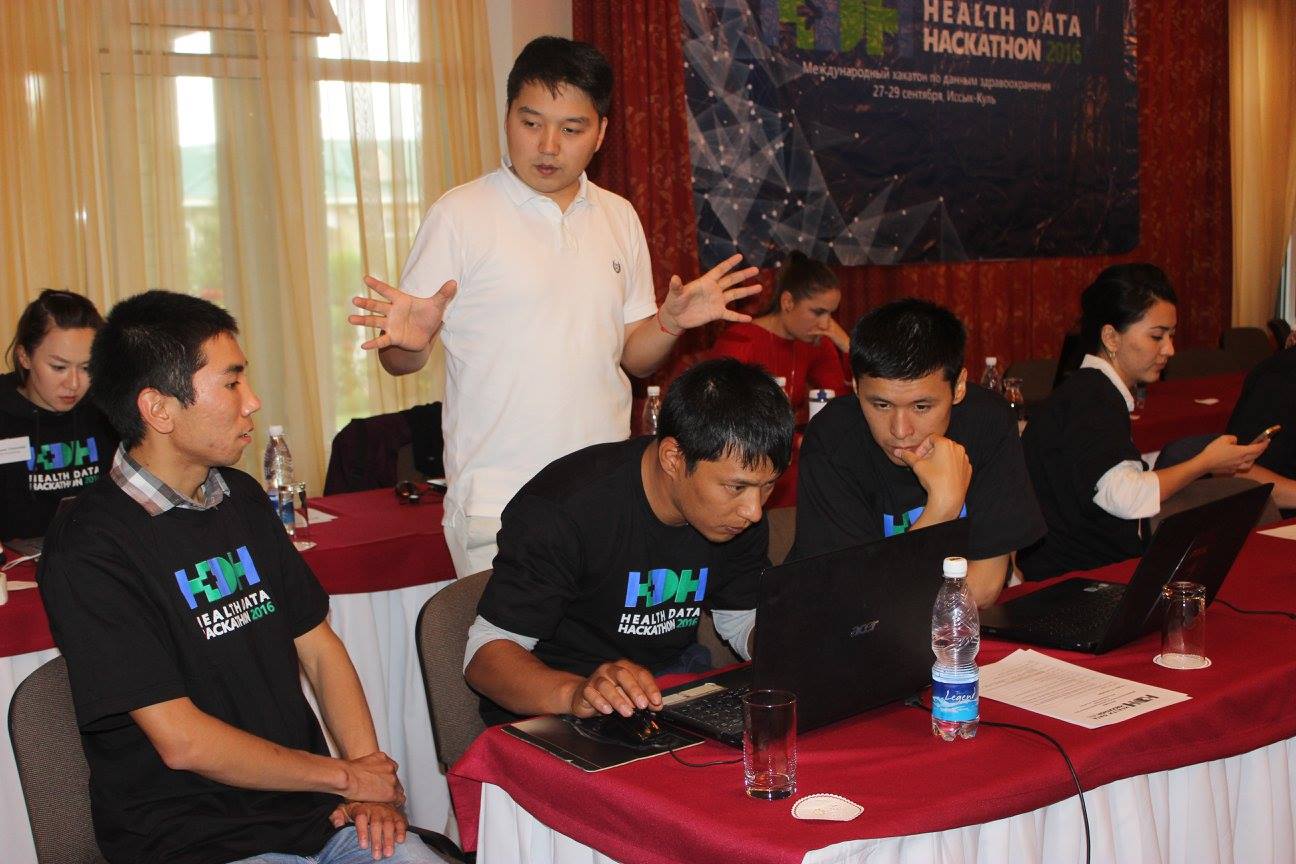
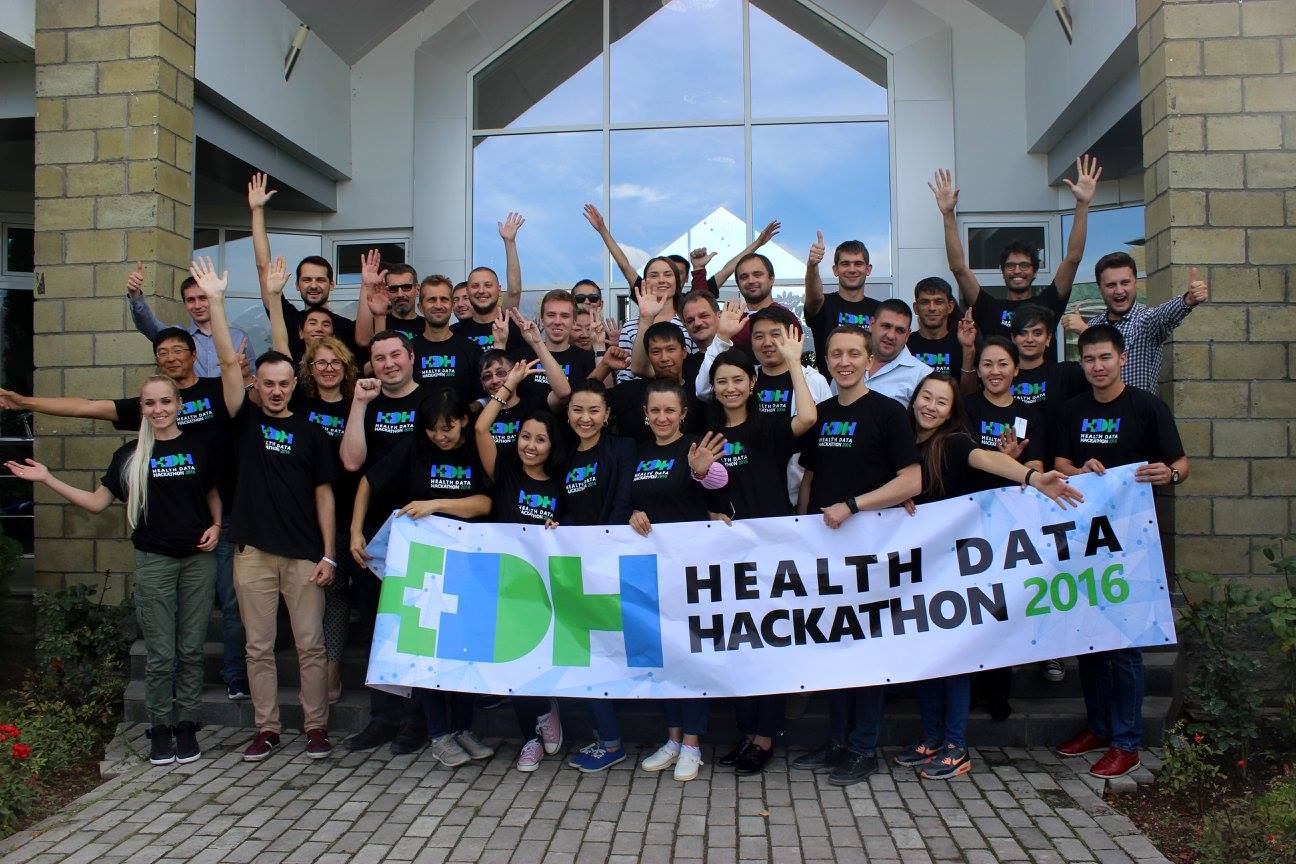
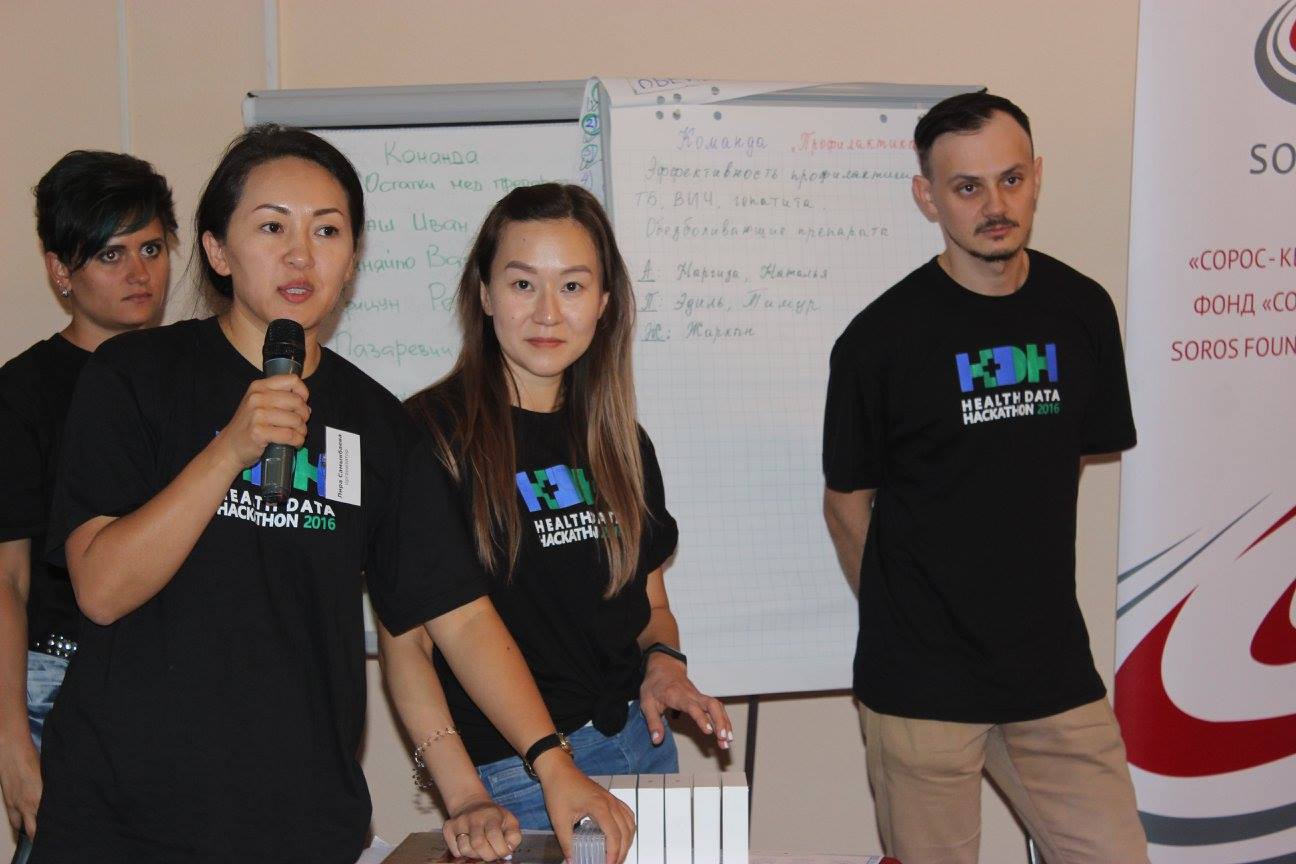
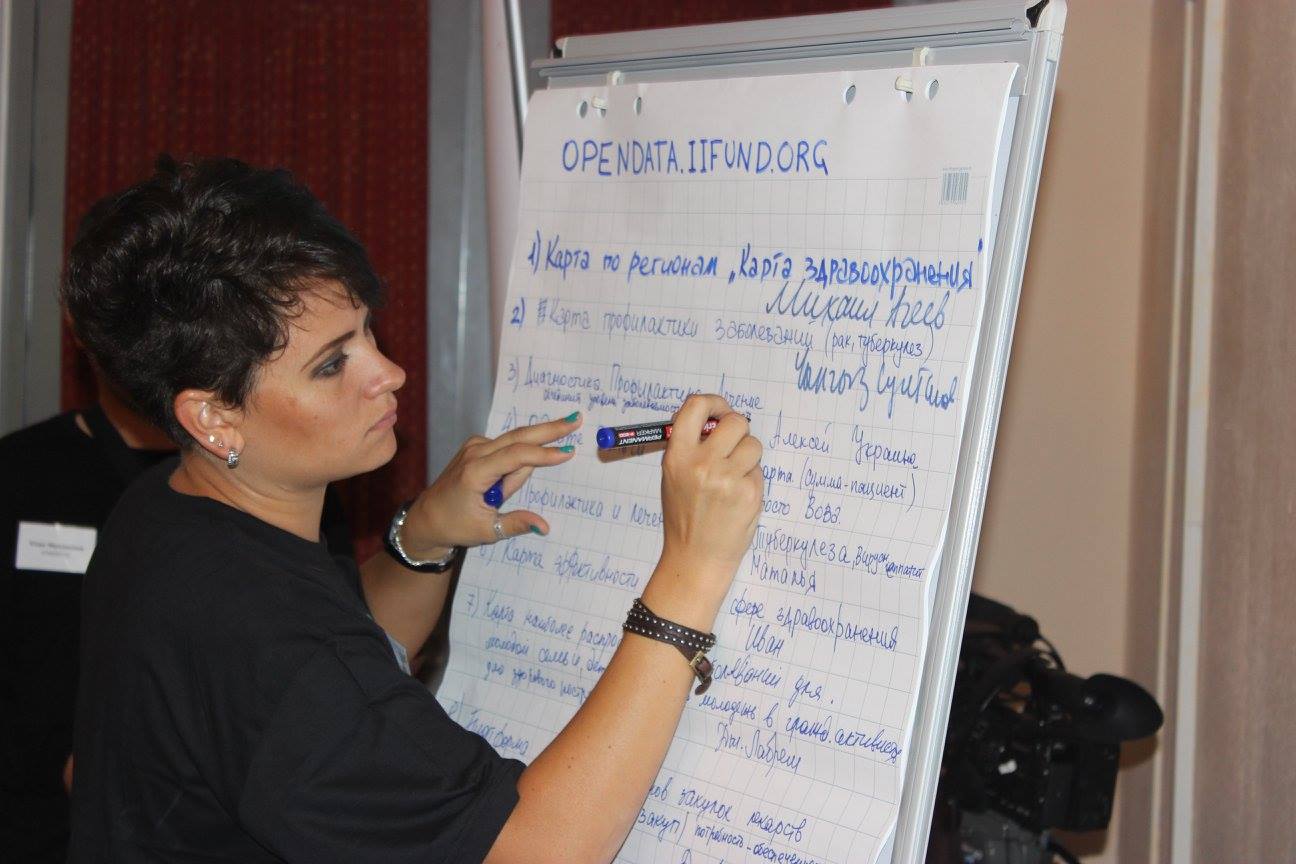
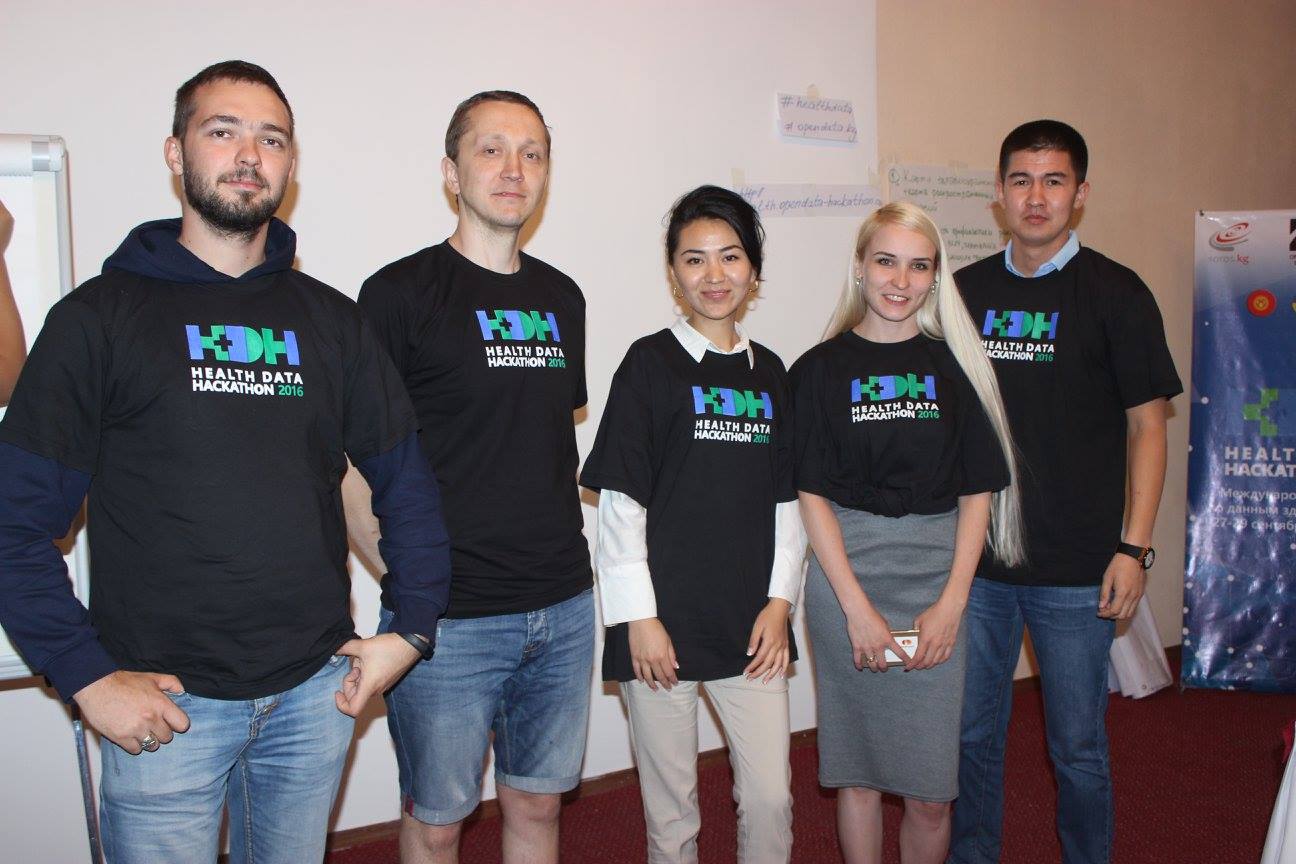
Originally posted here: https://www.opensocietyfoundations.org/voices/fighting-corruption-health-care-there-s-app
